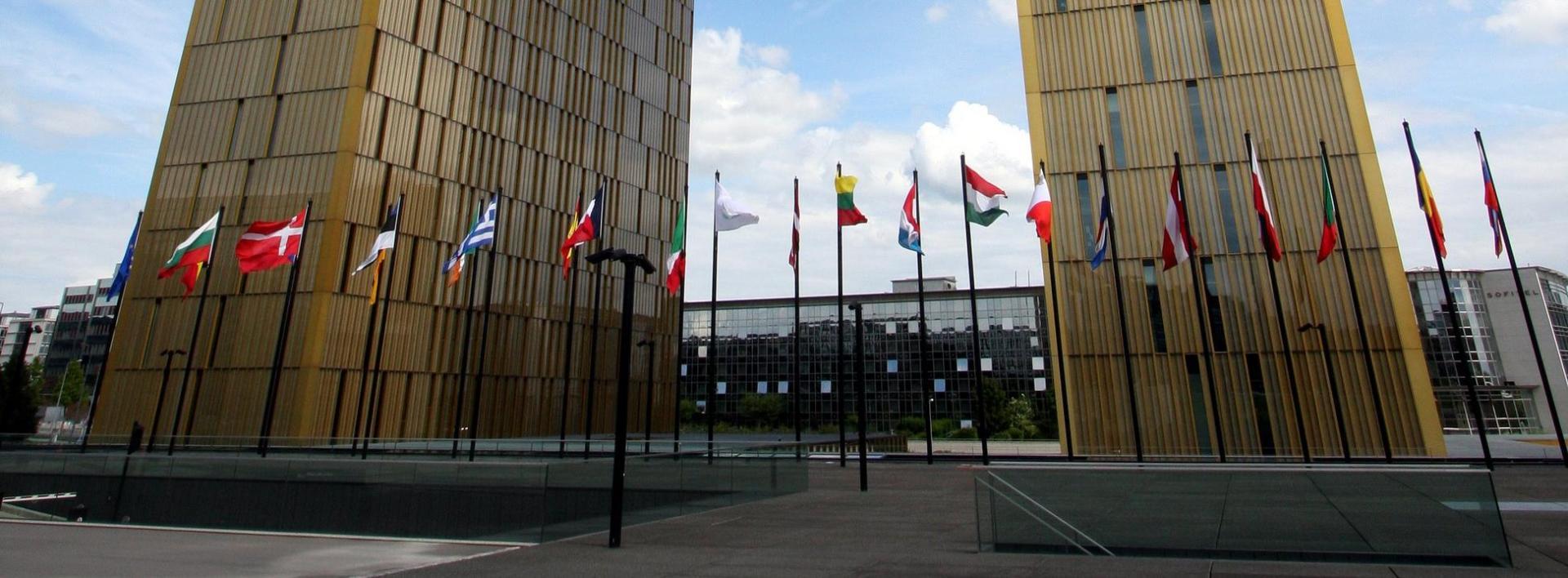The JCOERE Project

The JCOERE project addresses two aspects of the European Union’s strategy to address problems associated with business failure as described in the Commission document A New Approach to Business Failure published in 2014.
The first concerns co-operation obligations which have been imposed on all EU domestic courts and judiciary under Articles 42, 46, 57 and Recital 48 of the Recast Insolvency Regulation 2015.
The second concerns the introduction of a preventive restructuring process, in other words, a rescue process, in the domestic insolvency laws of all member states through the Preventive Restructuring Directive (2019/1023) which has now been passed by the EU Parliament and was officially published on June 20th 2019.
The interface between the co-operation obligations imposed on courts in the Regulation and the envisaged rescue procedures in the proposed Directive highlights the challenges which an effective cross-border modern insolvency system faces. In addition, current rescue frameworks as we have experienced their operation in member states such as Ireland, and the UK, often conflict with traditional insolvency law principles such as equality of treatment of creditors, transparency and predictability. Our project explores the hypothesis that it will be in this conflict that issues of judicial co-operation will arise most acutely.
Activities

The JCOERE project engages in the following research and actions.
- A consultation exercise supported by a literature review describing legal frameworks in some member states and in the Preventive Restructuring Directive 2019/1023 ("PRD"). This exercise will focus on identifying doctrinal and procedural rules relevant to judicial co-operation obligations described in Articles 42, 57 and Recital 48 of the 2015 Recast Regulation. We are particularly interested in substantive rules arising in restructuring which we think will present obstacles to co-operation such as the moratorium, intra and cross-class cram down rules, the protection of rescue financing and approval processes. Similarly, we are interested in procedural rules which present similar obstacles including protections for rights in rem, rules regarding conduct of court hearings, and practices regarding administrative or quasi-judicial authorities which will have a role in approving final rescue arrangements. Our focus is therefore on provisions in the PRD which address these issues including Articles 6, 9, 10, 11, 13, 14 and 17, and on similar domestic rules which pre-date the Directive, or which were introduced in anticipation of the Directive, or which will be introduced through implementation of the Directive.
- Comparisons will be made between a number of member states which will, in part be determined by the partners invited to participate, including Romania, Italy, Ireland, but will also extend to other jurisdictions where interesting issues are presented including Germany (where a more constrained approach to rescue seems evident), Austria which is at the centre of cross-border activity, Spain, France and the Netherlands.
- Benchmarking of judicial utilisation and awareness of best practise guidelines on co-operation adopted by European and international organisations described in the Regulation. This will be done through engagement during interactive workshops with the judicial wing of INSOL and other judicial networks. INSOL is a partner in this project.
- Engage in ongoing dissemination of knowledge and information on co-operation through enhanced judicial and practitioner networks improving judicial co-operation in relation to business recovery in the EU.
The needs addressed by this project

This project addresses the specific imposition of an obligation to co-operate in insolvency matters which is placed on courts in all member states of the EU and explores the contours of this obligation with a focussed exposition of the following issues:-
- The first relates to the nature of the obstacles raised by rules applicable to complex preventive restructuring or ‘rescue’ regimes. These will be identified by nature and type rather than by specific rule, for example rules which considerably alter existing insolvency principles (the cram down provision); and rules which give a wide discretion to courts (provisions concerning the approval of restructuring agreements). In addition, rules that may cause procedural complications will also be included. The Articles of the PRD which relate to these rules are Articles 6, 9, 10, 11, 13, and 17. These Articles address the stay of individual enforcement actions; the approval of restructuring plans; the protection of new finance; decreased court formality; workers; and the cross-class cram-down.
- Second the project identifies procedural rules as obstacles, for example, a constitutional requirement (as in Ireland) that justice is administered in public presents obstacles judicial co-operation in the Regulation where it is envisaged that some of this co-operation might occur through informal means such as phone calls.
- A third identified need relates to the fact that the Regulation positively asserts the importance of ‘best practices for co-operation in cross border insolvency case’ as a solution to the difficulties which may be presented to efficient judicial co-operation. The project will explore the level of general awareness amongst European judiciary of best practise principles and guidelines.
- Fourthly, the full and effective implementation of communication and cooperation provisions in cross-border insolvency law requires more than mere knowledge of the letter of the law. It has been observed that other levels of experience and skills are necessary to really complement such communication and co-operation in practise such as linguistic connotations, terms, and jargon.
Expected Results

- Increased knowledge for judiciary and practitioners of legal frameworks concerning business rescue in which the co-operation provisions in the Recast Insolvency Regulation will apply.
- Better exchange of information on business rescue frameworks and best practise guidelines.
- Increased support for and capacity for real co-operation for judiciary and national authorities.
Partners and Team
The project is coordinated by University College Cork (Ireland) with partners from the Università degli Studi di Firenze (Italy), University Titu Maiorescu (Romania) and the International Network of Insolvency (INSOL) Europe. To learn more about the JCOERE consortium and team, visit our Partners page.
JCOERE (Judicial Co-Operation supporting Economic Recovery in Europe) Project
Contact us
Professor Irene Lynch Fannon, School of Law, University College Cork, Cork, IRELAND , T12 CC79
